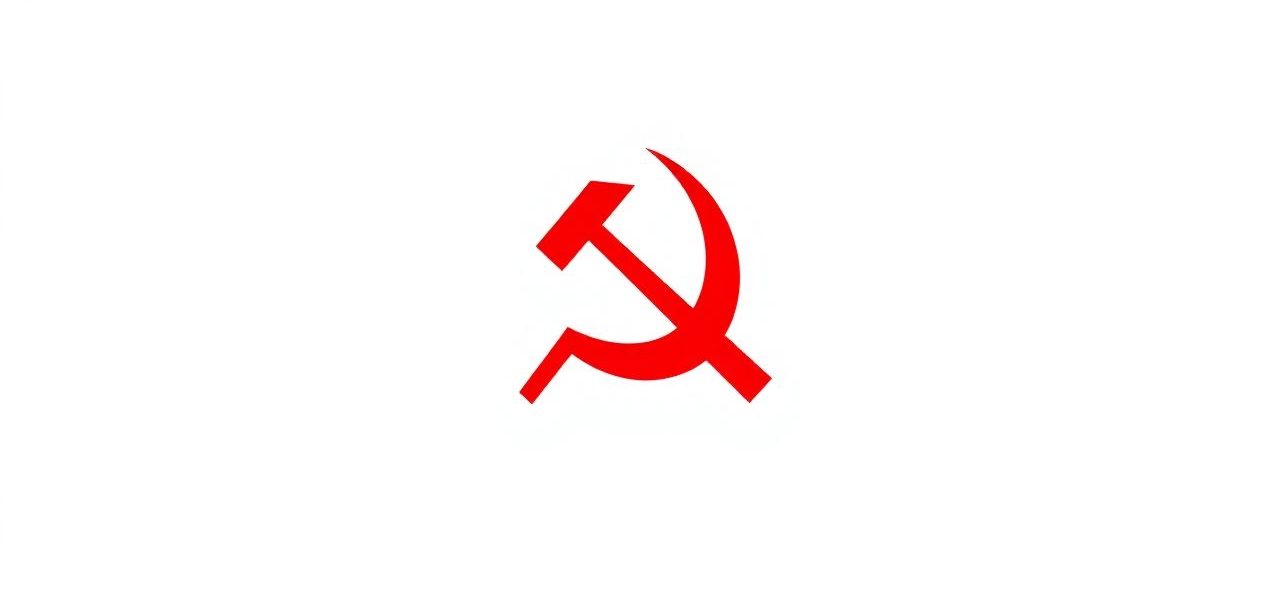The Bolshevik Leninist Party of India holds a distinctive place in the political history of the Indian subcontinent. Emerging during the turbulent years leading up to Indian independence, this party represented a strand of Trotskyist ideology that sought to provide a revolutionary alternative to both the Indian National Congress and the Stalinist-influenced Communist Party of India. While never a mass-based political force, its ideas, publications, and organizational experiments left an intellectual imprint on leftist movements in India and beyond. Understanding the roots, evolution, and legacy of the Bolshevik Leninist Party of India offers valuable insights into the diversity of leftist thought during the colonial and post-colonial period.
Origins and Ideological Foundation
Trotskyism in the Colonial Context
The Bolshevik Leninist Party of India (BLPI) was founded in 1942 amid World War II and the intensifying Indian independence struggle. It was formed through the merger of several Trotskyist groups from India, Burma (now Myanmar), and Ceylon (now Sri Lanka), including the Lanka Sama Samaja Party (LSSP), which was the first Marxist party in Sri Lanka. Trotskyism, as opposed to Stalinism, advocated for permanent revolution and was sharply critical of both capitalist democracy and Stalinist authoritarianism.
The BLPI adhered to the Fourth International, founded by Leon Trotsky in 1938 to continue the Marxist revolutionary tradition in opposition to the Stalinist bureaucracy that had taken control of the Soviet Union. The Indian Trotskyists viewed the struggle against British colonialism as part of a broader global class struggle. They believed that Indian independence could not be truly achieved without a proletarian revolution led by the working class.
Unification of Regional Groups
The BLPI was formed by uniting like-minded revolutionaries from the Indian subcontinent, primarily drawing members from former Trotskyist factions within the Communist Party and socialist circles disillusioned with Stalinism. Leaders such as Colvin R. de Silva, Leslie Goonewardene, and Philip Gunawardena from Ceylon played a key role in this unification. The goal was to establish a revolutionary vanguard party that could lead a working-class uprising across South Asia.
Political Activities and Anti-Imperialist Stance
World War II and the Colonial Crisis
During World War II, the Bolshevik Leninist Party of India took a firm anti-imperialist stance. Unlike the Communist Party of India, which supported the British war effort after the Nazi invasion of the Soviet Union, the BLPI opposed British imperialism and called for mass mobilization of workers and peasants against colonial rule. This position set them apart and often put them in direct confrontation with both colonial authorities and other leftist parties.
- The BLPI denounced the wartime repression of Indian workers and peasants.
- They supported industrial strikes and rural uprisings as expressions of class resistance.
- The party emphasized internationalism, seeing the Indian revolution as part of a global proletarian struggle.
Role in Labor and Student Movements
The BLPI was particularly active in organizing labor unions, especially in port cities like Bombay (Mumbai) and Calcutta (Kolkata). It gained influence in trade unions and among student organizations. Through its newspapers and underground literature, the party promoted Marxist education, worker solidarity, and revolutionary consciousness.
In addition, the BLPI criticized the Indian National Congress and its bourgeois leadership, accusing it of compromising with imperialism and failing to represent the interests of workers and peasants. The party also challenged the Communist Party of India, arguing that its pro-Moscow alignment betrayed the cause of genuine socialism.
Challenges and Internal Struggles
Suppression by British Authorities
Due to its revolutionary rhetoric and activism, the Bolshevik Leninist Party of India faced continuous surveillance, censorship, and arrest by the British colonial regime. Several party leaders were imprisoned, and publications were banned. Despite these obstacles, the BLPI continued to operate through clandestine networks and maintained links with the Fourth International.
Ideological Divisions and Fragmentation
As with many Trotskyist organizations worldwide, the BLPI struggled with internal ideological disputes. Differences emerged over the correct revolutionary strategy, the role of national liberation movements, and the relationship with the broader left. These disagreements, combined with organizational weaknesses and repression, led to splits within the party in the late 1940s.
Post-Independence Decline and Legacy
Transformation and Mergers
Following India’s independence in 1947, the political landscape shifted dramatically. The BLPI found it difficult to maintain its revolutionary momentum in a newly independent bourgeois state. Many of its members either returned to Ceylon or merged into other political organizations. Some members joined socialist and Marxist groups within India, contributing to the intellectual life of the left, while others continued their involvement in trade union activities.
In Ceylon, the Lanka Sama Samaja Party regained prominence and eventually entered parliamentary politics. Some former BLPI members in India became part of the Revolutionary Workers Party and other small Trotskyist formations, although these groups had limited mass support.
Contribution to South Asian Leftism
Though the Bolshevik Leninist Party of India never gained mass popularity, it played a crucial role in preserving Trotskyist thought in South Asia. Its commitment to internationalism, critique of Stalinism, and emphasis on working-class leadership inspired future generations of Marxists, students, and intellectuals. The BLPI’s publications, debates, and organizing strategies enriched the ideological diversity of the left in India, Sri Lanka, and Burma.
- Promoted Trotskyist theory and strategy in a colonial context.
- Challenged dominant narratives of nationalism and reformism.
- Laid the groundwork for revolutionary socialist movements in the region.
The history of the Bolshevik Leninist Party of India offers a compelling window into the complexities of anti-colonial revolution and socialist ideology in the mid-20th century. Although marginalized in the mainstream history of Indian independence, the BLPI’s legacy lives on through its bold vision of international socialism and its uncompromising struggle against imperialism and authoritarianism. In an era when leftist politics are once again under scrutiny, revisiting the contributions and challenges of Trotskyist movements like the BLPI provides valuable lessons for those seeking to understand and transform the world.
